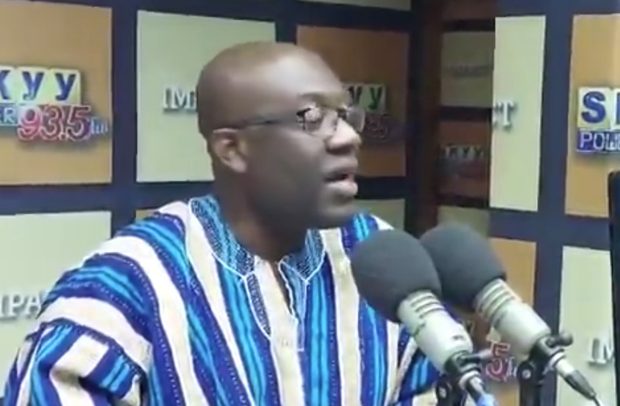Oppong Nkrumah
The Minister-designate for Information, Kojo Oppong Nkrumah, has revealed that plans are in place to introduce sections in the Revised Broadcasting Bill to regulate digital and social media in a move to rid the country of fake news which is driving down the quality of journalism in the country.
A Supreme Court judge, Professor Henrietta Mensa-Bonsu, last year, called for the rules regulating traditional media to be applied to social media to deal with fake news during her public vetting.
According to her, a regulatory action in social media would place a legal duty of care on producers of social media contents so as to prevent abuse and circulation of fake news.
Issues of privacy invasion and data scandals have led to calls for social media companies to be regulated; even though social media has offered its users the opportunity to exercise far greater control over the media they wish to consume and participate, it is said that bloggers and social media entrepreneurs have a more casual attitude towards fact-checking.
Answering questions at the Appointments Committee of Parliament on Thursday, the Information Minister-designate stated that the bill would ensure that social media content producers were brought to stricter checks to prevent abuse.
“Some of the things we are proposing in this amended Broadcasting Bill will be to address some of these concerns (referring to fake news disseminated on social media) and I think leadership is very right in that area,” he told members of the Appointments Committee of Parliament on Thursday.
Mr. Nkrumah indicated that there existed no regulation or guidance for digital and social media platforms in the country and that the bill, which he hoped would not stifle free speech, would address excesses in social media.
“I will pray that when we do bring it to the House (Parliament) we will get the support from the entire house to teak and to adjust what is necessary so we don’t end up infringing on free speech and free expression because some countries in a bid to solve that problem have gone that way,” he said.
The purpose of that Bill is to provide comprehensive legislation on broadcasting services regulated by the National Media Commission and the National Communications Authority in a manner consistent with the constitution.
By Ernest Kofi Adu


